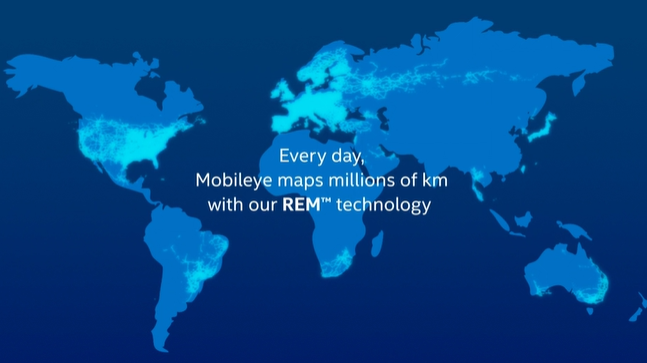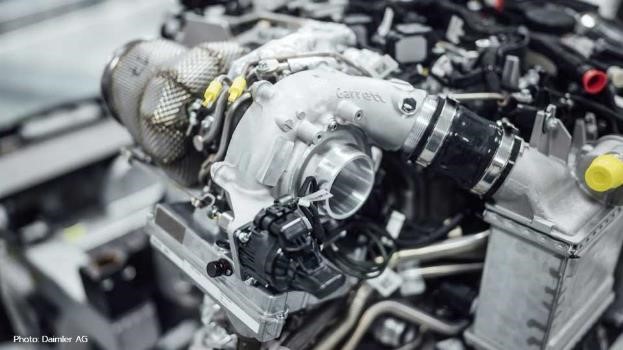- Silver
- สมาชิกระดับ Silver
- ฟรี
- สามารถเข้าถึงข้อมูลข่าวสารขั้นพื้นฐานได้
- ข้อมูลผู้ประกอบการต่างประเทศ
- ข้อมูลสถิติในประเทศและต่างประเทศ
- มาตรการทางการค้าระหว่างประเทศ
- กฎ ระเบียบ นโยบายในประเทศ
- เทคโนโลยี และงานวิจัย
- สมัครสมาชิก
Mobileye ผู้พัฒนาเทคโนโลยียานยนต์อัตโนมัติสัญชาติอิสราเอล และ WILLER ผู้บริการระบบขนส่งสาธารณะสัญชาติญี่ปุ่น
- รายละเอียด
- หมวด: ความเคลื่อนไหวในอุตสาหกรรม
- อ่าน: 1454 ครั้ง
กระจังหน้าขนาดใหญ่โตมโหฬารได้กลายเป็นกระแสการออกแบบ ที่พบได้ในรถยนต์หลากหลายรุ่น
- รายละเอียด
- หมวด: ความเคลื่อนไหวในอุตสาหกรรม
- อ่าน: 1545 ครั้ง
มอร์เซเดส-เอเอ็มจี (Mercedes-AMG) กำลังก้าวไปอีกขั้นในนวัตกรรมด้านยานยนต์
- รายละเอียด
- หมวด: ความเคลื่อนไหวในอุตสาหกรรม
- อ่าน: 1572 ครั้ง




